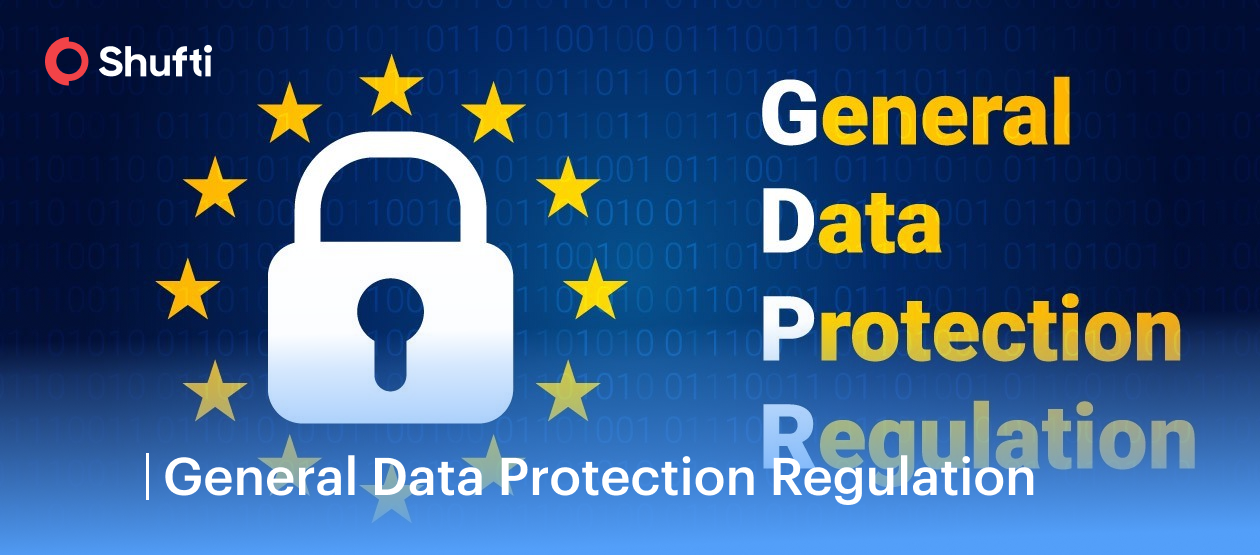General Data Protection Regulation

As digital interactions become more complex, global regulators are increasing their scrutiny over how companies collect, process, and share personal data. The General Data Protection Regulation (GDPR) stands as one of the most comprehensive data privacy laws in the world, setting a gold standard for how personal information should be handled responsibly.
Understanding GDPR: A Global Benchmark for Data Privacy
The General Data Protection Regulation, or GDPR, is a legal framework enacted by the European Union in 2018. It applies across all EU member states and the European Economic Area (EEA). Even organizations based outside of Europe must comply if they collect or process the personal data of EU or EEA residents. The GDPR is rooted in the fundamental rights to privacy and security. It empowers individuals with greater control over how their personal data is used, while holding businesses accountable for how that data is managed, stored, and shared.
Enforcement and penalties are handled by Data Protection Authorities (DPAs) in each EU member state. These supervisory authorities have the power to investigate violations, issue warnings, mandate corrective actions, and impose fines which can reach up to €20 million or 4% of a company’s global annual turnover (whichever is higher).
GDPR Compliance Checklist: Key Components
To stay on the right side of the GDPR, companies must follow specific steps. A GDPR compliance checklist helps organizations of all sizes align their data practices with regulation. Essential elements include:
1. Transparency and Legal Basis
Organizations must clearly define why they are collecting personal data and how it will be used. A “data protection impact assessment” is recommended, and in many cases required, to evaluate potential risks associated with data processing. Businesses must also track:
- The purpose of data collection
- Who within the organization can access the data
- How and where third parties access this information
- The safeguards in place to protect it
2. Accountability and Internal Governance
Companies are expected to take ownership of their data practices. Appointing a Data Protection Officer (DPO) is often necessary, especially for large-scale data operations. Organizations outside the EU that handle EU citizens’ data must also assign a representative within the EU.
Third-party contracts must include specific data protection clauses to ensure privacy is preserved throughout the entire supply chain.
3. Data Security
Security is a central theme of GDPR. Businesses must collect only data they truly need and protect it through both technical and organizational measures. If automation is involved, Article 5 requires adherence to data minimization, accuracy, and confidentiality principles.
4. Privacy Rights for Individuals
Consumers are granted several important rights under GDPR:
- Right to access: Individuals can request information about what data is being stored and why
- Right to erasure: Also call the “right to be forgotten,” it allows users to request deletion of their data
- Right to restrict processing: Users can limit the use of their data if they suspect misuse
- Right to rectify: Customers can correct inaccurate and incomplete information
- Right to data portability: Personal data must be easily transferable to another provider upon request
- Right to object: Individuals can reuse the use of their data for direct marketing or profiling
When Does GDPR Apply?
GDPR applies whenever personal data is involved. According to Article 4, this includes any information that can identify a natural person, such as:
- Names, identification numbers, and addresses
- Biometric, genetic, or cultural identifiers
- Online behavior or preferences
The law covers both automated processing and manual filing systems if they are used to store or manage personal data.
How GDPR Impacts Businesses Worldwide
The GDPR applies to every business that handles EU citizens’ personal information, from SaaS startups to multinational enterprises. It governs everything from initial data collection to how that data is stored, shared, and eventually deleted.
To remain compliant, businesses must:
- Implement secure data practices
- Conduct regular audits
- Sign contracts with third-party processors that reflect GDPR obligations (as required by Article 28)
- Be ready to respond promptly to user data requests
Latest Global Trends in Data Privacy
Since the GDPR came into force, other countries have followed the EU’s lead. Regulations inspired by GDPR have been introduced in Brazil (LGPD), California (CCPA), South Korea (PIPA), and India (DPDP Act). A global shift toward stronger data rights is underway, with interoperability and cross-border compliance now critical for any international business.
New technologies like AI and machine learning are also bringing renewed focus to data protection. Regulators are watching closely to ensure that automated systems are transparent and do not violate any privacy rights.
Final Thoughts
GDPR is more than just a European law. It has become the foundation for data protection practices around the world, influencing legislation far beyond the EU. For businesses, GDPR compliance signals transparency, integrity, and respect for user privacy, all of which are values that increasingly shape consumer decisions.
By building privacy into operations, companies can foster long-term trust, reduce regulatory risk, and stay prepared as global standards continue to evolve. In today’s data-driven economy, treating personal information responsibly is more than just good governance, it’s good business.

 Explore Now
Explore Now






